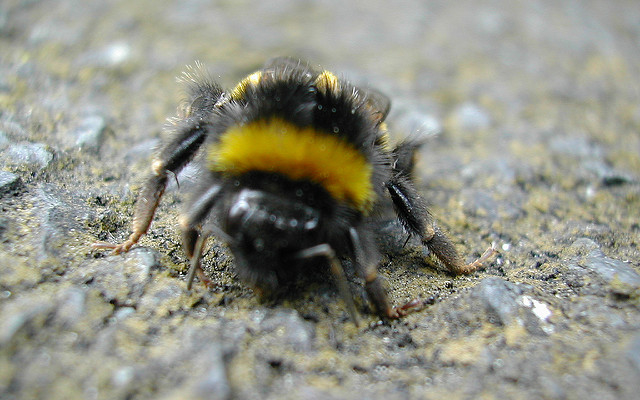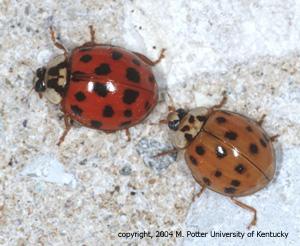Herb Your Holiday Turkey
I want to share this simple recipe to brine your Christmas turkey, or next year's Thanksgiving turkey, or any bird for that matter. For years I have been buying turkey brine mixes in specialty stores. Brine is known to enhance holiday poultry, making it moist and juice. The defrosted bird should be soaked in the brine for at least 24 hours.
I knew full well this was something I could whip up in my kitchen for a lot less money with fresh, organic ingredients, that for the most part, were growing in my back yard. I am all about being responsible for my own needs and knowing where my food comes from. This was screaming, "Do it yourself!"
To prepare an authentic product, I took a measured amount of commercial brine mix, a series of colanders and strainers to sift out and measure the ingredients, a good pair of reading glasses, and began to calculate the percentages of the individual ingredients. What I discovered was that it was a whole lot of salt and very little seasoning. Thinking there were large quantities of delicious herbs in my garden, I upped the ante with the good things to flavor the brine.
This is only a suggestion for ingredients. If you're growing some delicious herbs in your garden, consider making your own recipe.
Turkey Brine
Mix
For birds sixteen pounds or less, combine 2 cups of brine
mix with 1 gallon of water. Over sixteen pounds, use 3 cups of brine salt with
enough water to cover the bird. The herb mix is only a suggestion and can be
adjusted to taste. In addition, wine or juices such as orange or lemon, can be
substituted for part of the water. Sometimes we also add chopped tangerine or orange peels that we collect from the fruit in our yard.
In a large bowl, combine the ingredients and store in an airtight container. Like any other herb mix, try to use it within 6 months to a year.
2 cups kosher or coarse salt
1 tablespoon raisins or chopped dried fruit
2 teaspoons juniper berries (most specialty stores have
these)
1 tablespoon dried rosemary
1 tablespoon minced, dehydrated garlic
1 tablespoon whole peppercorns
1 teaspoon dried thyme
1 tablespoon dried sage
-Combine mix with a quart of water the day before you are
planning to prepare the brine to hydrate the dried ingredients and infuse the water.
Refrigerate. If you are using fresh herbs, triple the amount of the dried herbs.
-Twenty-four hours before cooking, add additional water and
soak the bird. Make sure the brine covers the entire bird.
-The day of preparation, drain and rinse the bird thoroughly to remove the brine. Prepare
as planned.
Two important things to remember: Your defrosted turkey needs to stay cold! No shortcuts here. To avoid food poisoning, keep your bird surrounded by ice or at the very least, temperatures between 40 and 42 degrees. In the past we have been very creative. Quite a few times we had to use a scrubbed-clean laundry sink. We immersed our brine bucket with bird into the ice filled sink, making sure the temperature of the brine stayed cold. We replaced the melting ice as needed. Another time we were in snow country, and determined the space between our exterior cellar door and the basement itself, easily provided a constant temperature below 40 degrees. It was protected from animals and stayed cold.
The second consideration is to make sure the container you brine your turkey in is a food safe container. Picking up a five gallon plastic bucket at the hardware store won't work. Find a container especially for food products. Try your local restaurant supply store.
And this is your end product--along with many side dishes that will leave your stomach extended and provide enough leftovers to feed the family the rest of the week. From this one bird we make hot turkey sandwiches, turkey pot pie, turkey salad, and finally, turkey soup from the carcass. A moist, juicy bird warrants a repeat performance!
























